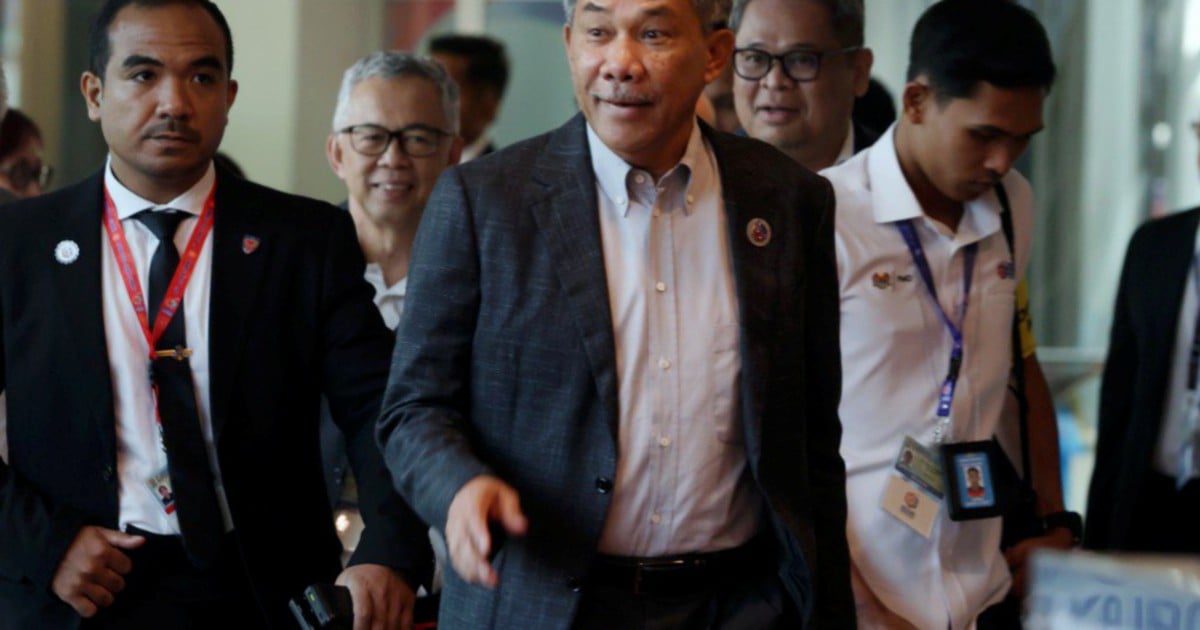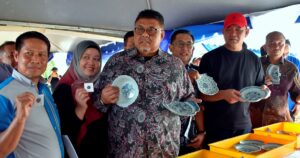KUALA LUMPUR: The Asean Foreign Ministers have agreed that continuous engagement with conflicting parties in Myanmar is necessary to address the ongoing crisis in the country.
Foreign Minister Datuk Seri Mohamad Hasan said his counterparts concurred that managing the situation in Myanmar was essential, as the country remains a member of Asean.
He said while the Five-Point Consensus (5PC) was agreed upon by Asean to address the crisis, the key challenge lies in the trust deficit between the various parties in Myanmar.
“We discussed how best to ensure the administration under the State Administration Council (SAC) of Myanmar complies with the 5PC.
“However, the ethnic conflicts in Myanmar have been ongoing for decades, making trust-building extremely difficult.
“Unlike in other countries, Myanmar’s internal conflict involves numerous stakeholders, ethnic groups, militias, and regional factions, each with their own languages and territories.
“This makes negotiation extremely difficult. But we will keep trying, and all my counterparts agreed that we must continue engaging with all conflicting parties in Myanmar,” he said during a doorstep interview after two separate informal consultation sessions with Asean foreign ministers and senior officials on the 5PC.
The informal sessions were attended by several Asean representatives, including Singapore’s Foreign Minister Dr Vivian Balakrishnan, Thai Foreign Minister Maris Sangiampongsa, and Philippine Foreign Secretary Enrique Manalo.
Mohamad said the sessions also included a briefing by Asean’s Special Envoy for Myanmar, Tan Sri Azman Hashim, on the latest developments there.
Meanwhile, Mohamad emphasised that Asean’s efforts to address the conflict were not about interfering in Myanmar’s internal affairs, but rather a response to a crisis that has escalated to a regional concern.
“The problems in Myanmar have become problems for the rest of Asean — especially in terms of refugees fleeing the country, cross-border crimes, and other consequences that threaten peace and stability in the region.
“These issues, stemming from Myanmar’s internal crisis, are affecting Asean as a whole,” he said.
Mohamad also said that Malaysia, as the current Asean Chair, plans to visit Myanmar to continue engagements with various stakeholders.
He noted that engagements have already been held with many of them to gather their perspectives and understand their priorities.
“We have already spoken to many of them and gathered their views. We know what their wishlist is.
“Next, we want to present this wishlist to the SAC and see what kind of feedback we receive.
“But this sort of negotiation cannot happen just once or twice. It requires repeated engagement to build understanding.
“Most importantly, we need to build trust, and that requires a conduit or bridge to enable two-way or multilateral communication with all the different parties,” he said.
© New Straits Times Press (M) Bhd




![News@9: Today's top headlines - Nov 6, 2025 [WATCH]](https://prwire.my/wp-content/uploads/2025/11/News@9-Today039s-top-headlines-Nov-6-2025-WATCH-300x158.jpg)

